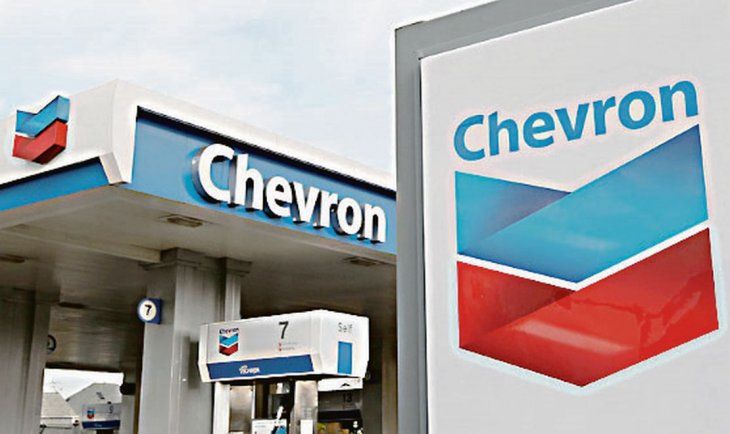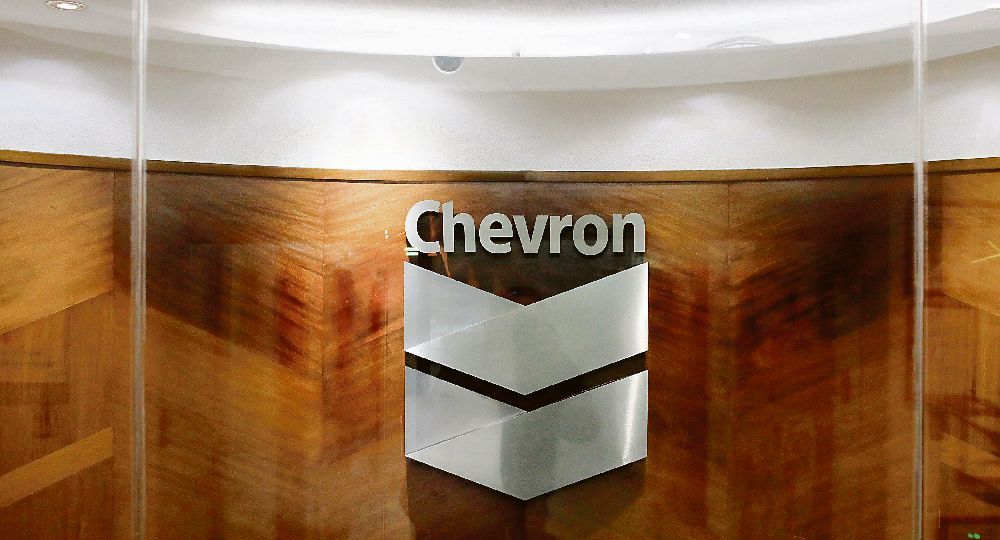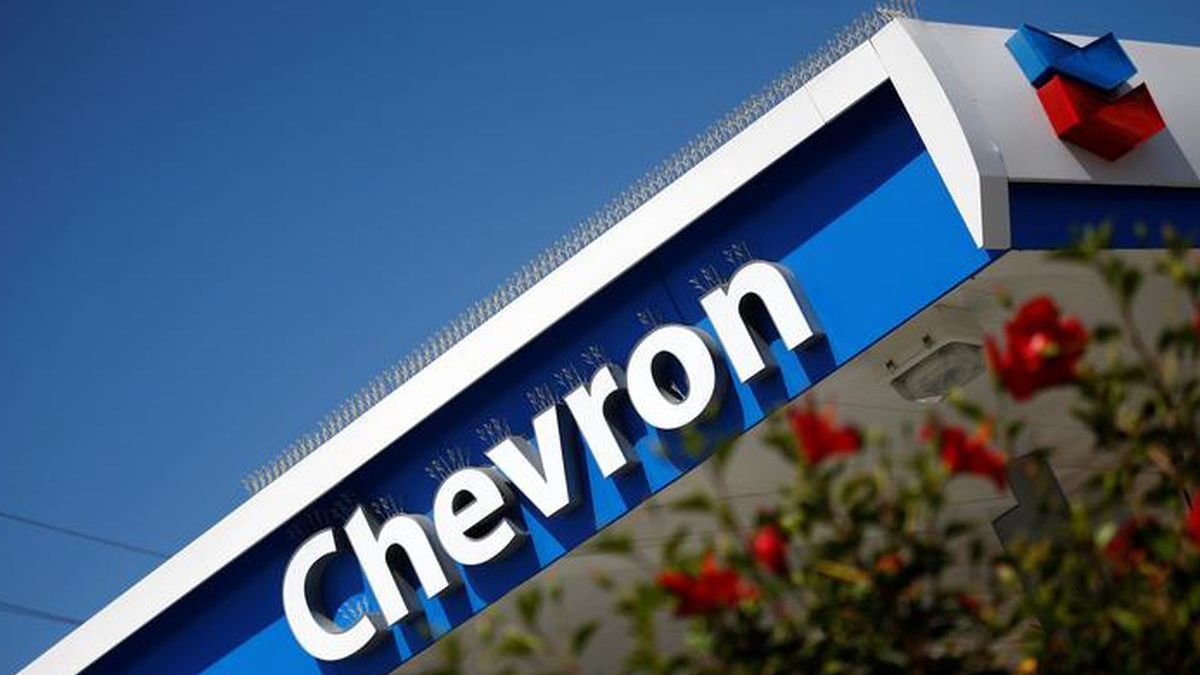The terms of the license are designed to prevent Venezuela’s state oil company PDVSA from receive profits from Chevron’s Venezuelan oil salesUS officials said. The license lasts for six months., according to the US Treasury Department. authorization “provides greater transparency to the Venezuelan oil sector” and allows Chevron to benefit from sales of “oil that are currently occurring” in the joint ventures with PDVSA, the California-based company said in a statement.
oil venezuela.jpg
Drilling towers in the city of Maracaibo, Venezuela.
NA
After the oil sanctions on Venezuela in 2019Chevron received an exemption to market its Venezuelan crude in order to recover outstanding debts. But those privileges were suspended a year later. The four joint ventures of PDVSA with Chevron produced around 200,000 barrels per day (bpd) of oil before Washington’s measures.
The United States issued the license the same day that Venezuela and opposition leaders began a political dialogue in Mexico City. in which they agreed to ask the United Nations to manage a fund to help provide food, medical care and infrastructure to Venezuelans. “This action reflects the United States’ long-standing policy of providing targeted sanctions relief based on concrete measures. to alleviate the suffering of the Venezuelan people and support the restoration of democracy”the Treasury Department statement said.
Terms prohibit Chevron from helping Venezuela develop new oil fields, but it offers a way for the company to recover part of the billions of dollars owed by PDVSA through oil sales. Also allows US company to import supplies to help process heavy crude.
1.jpg

giant. Chevron has a presence throughout the global energy chain.
To oil service firms Baker Hughes, Halliburton, Schlumberger and Weatherford International they were their licenses renewed, but without extension. That limits any expansion of Venezuelan oil production. The spokespersons of the four companies, of which only two still have teams in the South American countryThey did not immediately respond to requests for comment or provide immediate comment.
The United States said it reserved the right to terminate or revoke license at any time. A spokesman insisted that the authorization it was not a response to the sharp increase in prices of crude this year.
The authorization could provide new crude supplies to a market which is now struggling to replace Russian barrels rejected by Western buyers after the invasion of Ukraine. Chevron and other US oil refineries could benefit from heavy oil from Venezuela that would flow to its processing plants on the US Gulf Coast.
impact. The House ruling was celebrated at Chevron offices around the world. “The extortion scheme collapses,” said the oil company.

impact. The House ruling was celebrated at Chevron offices around the world. “The extortion scheme collapses,” said the oil company.
Analysts have warned that Venezuelan President Nicolás Maduro is likely to be upset by the restrictions. included in the license, including the lack of cash payments his administration sought. Proceeds owed to Venezuela from Chevron’s oil sales would go to a humanitarian fund instead of the state PDVSA.
As part of the terms “significant reporting will be required from Chevron on the financial operations of its joint ventures to ensure transparency,” said a US official, adding that other sanctions against Venezuela and its officials remain in place. “There is no great incentive in the short term” for Venezuela, said Francisco Monaldi, an expert on Latin American energy policy at Rice University’s Baker Institute for Public Policy. The terms they could relax over time depending on how the talks unfold in Mexico City. “We will see how the Maduro government reacts and how many shipments will be assigned to Chevron afterwards”said.
VEnezuela has around 300,000 million barrels of oil reservesthe largest in the world, but has not been able to reach its production targets due to the lack of investment, poor maintenance, lack of supplies and sanctions from United States.
Source: Ambito
David William is a talented author who has made a name for himself in the world of writing. He is a professional author who writes on a wide range of topics, from general interest to opinion news. David is currently working as a writer at 24 hours worlds where he brings his unique perspective and in-depth research to his articles, making them both informative and engaging.




